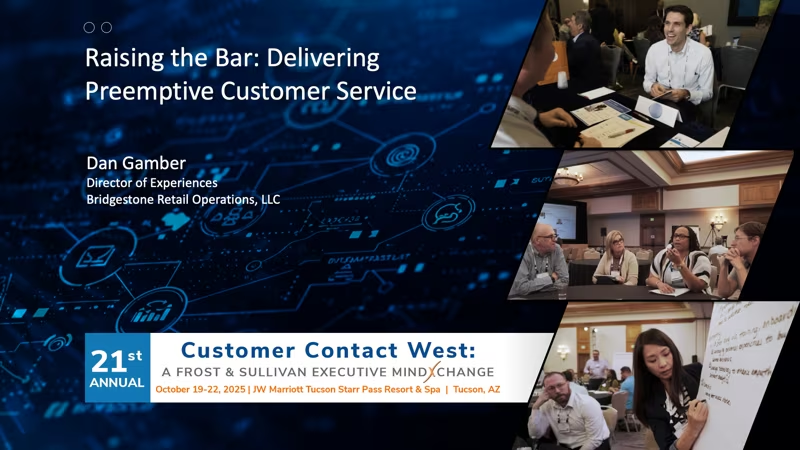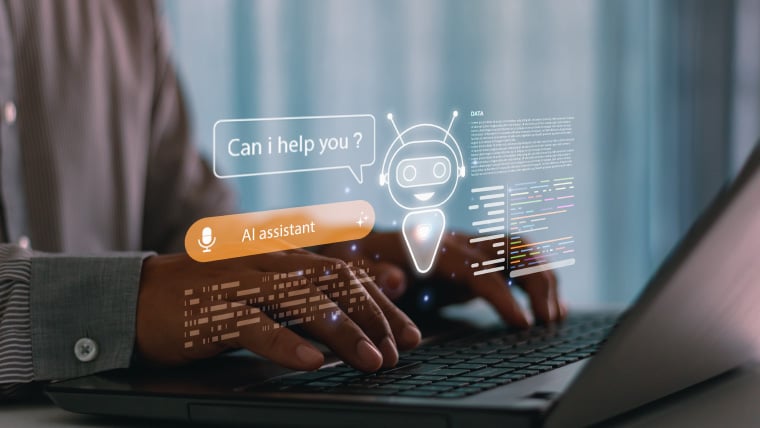Regardless of industry —finance, insurance, technology, or healthcare — CX-related challenges that we face are remarkably similar. One challenge that we CX practitioners deal with on a daily basis is evolving customer expectations.
The reality is that no matter what industry you’re in, your customers are (likely) humans. And humans can have simple needs—but generally their expectations are not so simple.
One of my favorite CX-related quotes is by Bridget van Kralingen: “The last best experience that anyone has anywhere becomes the minimum expectation for the experience they want everywhere.” It’s something that builds over time— Adobe found that over 70 percent of marketers say their customers now expect “much better experiences.” How does one quantify not just better but “much better”?
This means that a customer’s baseline can potentially shift higher (or even *much* higher) with every new experience—even if the experiences aren’t really comparable. A customer may secretly desire the Ritz Carlton experience when they show up at a Marriott Courtyard. Even worse, they also may wish Hilton would recognize their Marriott Bonvoy Platinum status and treat them with the same regard (despite their marked lack of loyalty to Hilton). Is that fair or even realistic? No…but it is reality.
With CX, we have to provide a framework to continually elevate a customer’s experience by considering – and raising the bar on – not only what that customer has experienced with our organization but also what a customer may have experienced with a competitor or with some other organization in no way related to our industry. How many times have you heard a customer reference wanting the “Amazon experience” when they want a convenient, customized, and seamless experience – even if your business is not retail or retail adjacent?
Digital innovation and AI have further raised customer expectations for faster (as in immediate) service and hyper-personalization. And that’s not going away. A survey for Infobip found that more than 50% of adults believe AI will improve customer service in the future (including 24/7 support and zero wait times). AI is now a part of many of our everyday lives – whether we know it or not. This was not the case at this time last year. Yes, we enjoy the immediacy of and simplicity of information and insights that are served up. And, yes, we expect that level of convenience, efficiency, and enhanced productivity wherever we go.
Customers expect that a company that “knows” them will proactively serve up answers to questions that they may have or immediately address issues that they have. CX enables us to understand our customers motivations and needs and empathize with them. When partnered with Marketing, Digital, and Customer Service, CX can highly personalize the customer’s journey, proactively resolve potential issues, minimize inconvenience, and deliver the right message, content, or service at the right time to strengthen and maintain the relationship with the customer and maintain a loyal customer base.
This curated, proactive experience doesn’t happen everywhere, but it’s occurring more and more frequently…and continually raising the bar. Fortunately, the CX discipline is ready to respond. We’re all constantly working to further optimize experiences and remove friction and inconvenience for customers—all the while evolving to meet their ever-changing needs and expectations. CX also innovates, creating entirely new ways to serve customers and achieve (or exceed) business goals.
Miya has practiced Customer Experience across the healthcare ecosystem in large and small(er) organizations for 20+ years. She believes that CX is a team sport, and, in order to be successful, the customer has to be part of the team – providing input and insights to shape new experiences. As a CX leader, Miya is focused on introducing new and innovative CX capabilities that will positively impact customers as well as add value for internal stakeholders.



